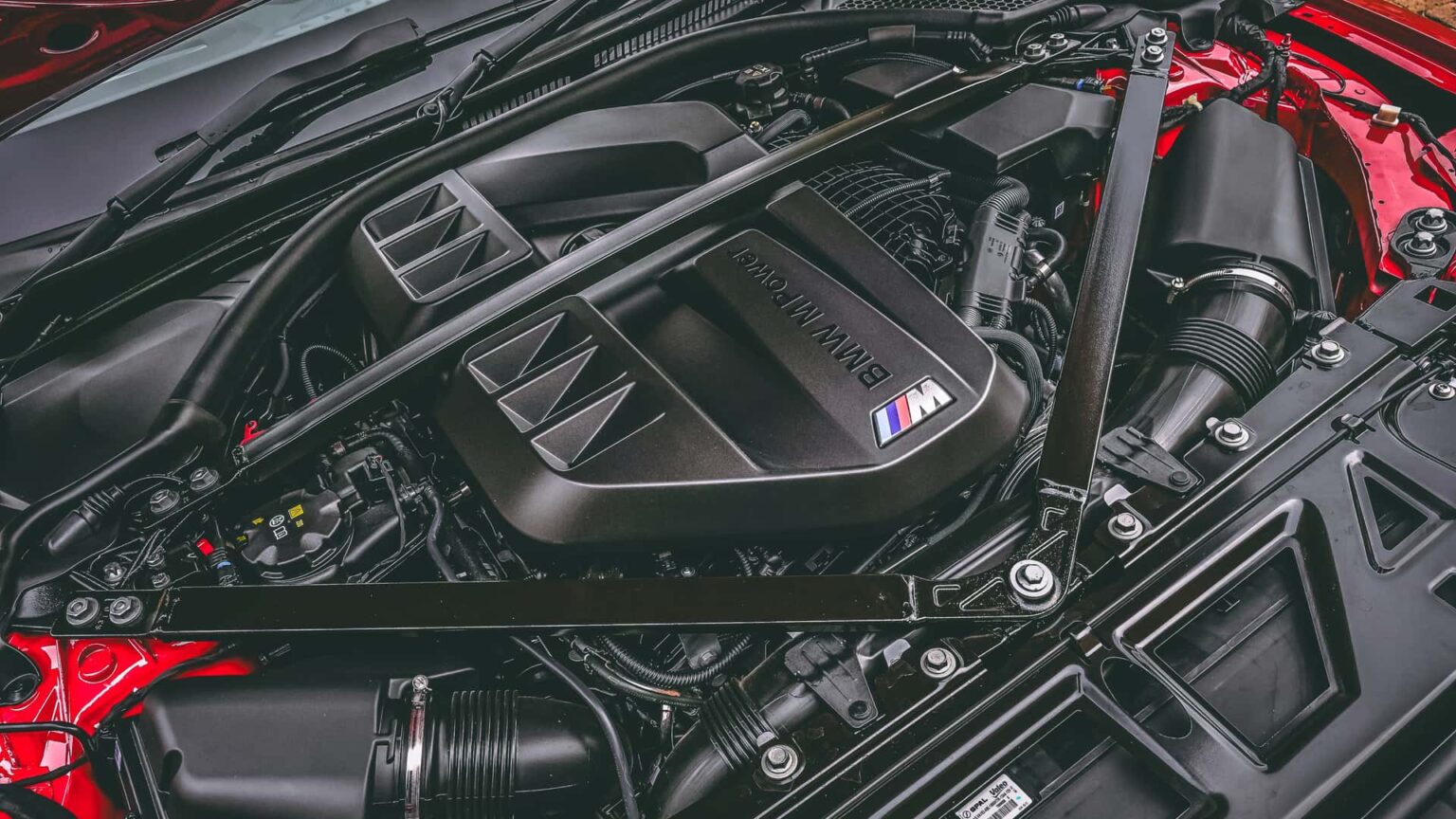BMW watched from the sidelines as Audi, Porsche, Mercedes, Volvo, and others announced lofty EV goals a few years ago, only to backtrack in recent months. Munich never vowed to go fully electric within a set timeframe, instead preferring to give customers the freedom of choice. It projects demand will be evenly split between gas and electric cars by 2030, but Bavaria hasn’t committed to a combustion-free future.
The company maintains its desire to give people what they want rather than artificially restricting powertrains to EVs, as the European Union plans for 2035. In an interview with Australian magazine CarExpert, Chief Technology Officer Joachim Post argued it should ultimately come down to buyers, not the EU: “Finally, the customer decides.”
Provided the ban takes effect in a little over nine years, the board member fears it could have massive repercussions.
‘If the European Commission is going to say they have a plan to cut the combustion engine in 2035, they’re not asking the customers and how [EV charging] infrastructure is coming up, how the energy prices are and all the things there. It’s stupid to do that in that way. And you can kill an industry doing it that way.’
Photo by: Electronic Arts
His concerns are echoed by Mercedes CEO Ola Källenius, who recently warned the European car industry is “heading at full speed against a wall” and could even “collapse” if the EU doesn’t reconsider. The statement came shortly after Stuttgart’s boss admitted the company had to make a “course correction” to keep combustion engines longer than initially planned. Mercedes continues to invest in conventional powertrains, and there’s even a completely new V-8 from AMG on the way.
But how are electric cars really doing in Europe? According to the latest figures from the European Automobile Manufacturers’ Association, EVs accounted for 15.6 percent of total sales in the EU during the first eight months of the year. Including the United Kingdom and the European Free Trade Association (EFTA) countries comprising Iceland, Liechtenstein, Norway, and Switzerland, the share rises to 17.4 percent.
There’s still a long way to go before automakers put everyone behind the wheel of an EV, making Post’s sharp criticism of the EU’s plan all the more relevant. BMW continues to sell three-, four-, six-, and eight-cylinder engines, along with a V-12 for its Rolls-Royce brand. Some are even supplied to third parties like Toyota, Land Rover, and Ineos Automotive. If rumors are true, archrival Mercedes might soon be buying a four-cylinder from Munich.
The “M” in BMW stands for “Motoren” (German for “engine”), and the brand with the roundel is far from ready to give that up. Combustion remains a highly profitable business even as BMW’s EV lineup gains momentum. If the ban goes through, it would have major repercussions on the company’s balance sheet, given the importance of the European market.
Together with MINI, the Group sold nearly 500,000 cars on the continent in the first half of the year. That’s well ahead of Asia (438,294) and the United States (193,091). China remains its largest single market, with 317,862 units sold through June.
There’s growing pressure from automakers on the EU to reconsider the 2035 ban, with a forthcoming review potentially deciding whether the combustion engine gets a stay of execution. As recently as March, the EU reaffirmed its stance, but the ban is still not set in stone. BMW and other legacy automakers are urging Brussels to change course. If not, the industry warns, the ban could wreak havoc and trigger massive job losses across the sector.
Read the full article here


